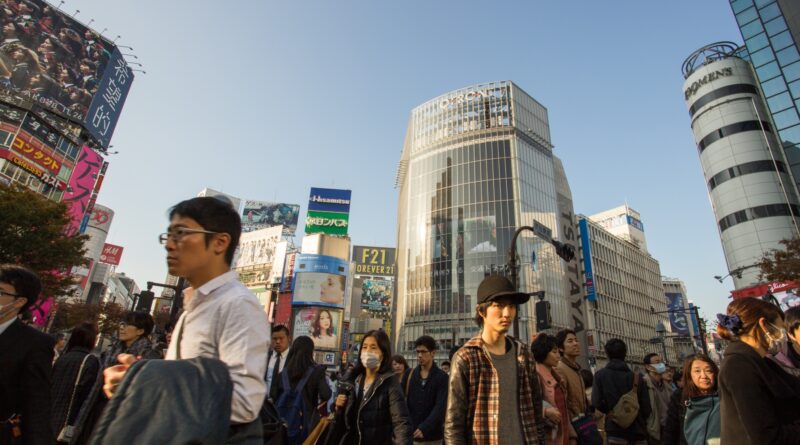Japan’s Digital ID push is failing due to public resistance
Japan is pushing its citizens towards Digital ID cards but, despite coercion tactics, the public is resisting the attempts.
The Japanese government will phase out public health insurance cards and incorporate such services into a digitalized system in the hope that this will pressure citizens to sign up.
The ‘My Number’ cards are a worry for personal privacy as they contain microchips and extend to other public services such as health insurance as well as individuals’ drivers licenses and bank accounts among other things.
The scheme began as far back as 2016 but has struggled to onboard citizens. Now, with traditional ID cards set to be discontinued in 2024, the government threatens that anyone who doesn’t sign up to the digital ID cards will not be able to have access to healthcare.
As has been the case across the world, COVID-19 has been used as the excuse to impose intrusive forms of digital identity and imposing harsh threats to back up their cause, but Japanese citizens are not giving in.
Public concern
Since these coercion tactics began, an online petition has amassed over 120,000 signatures calling for the current public health insurance cards to remain valid.
“There’s resistance playing out everywhere,” Hidenori Watanave, a professor at the University of Tokyo, told the Associated Press.
“There are too many people worried their jobs are going to disappear. These people see digitization as a negation of their past work,”
The resistance is also said to be founded in historical and cultural reasons. The AP report states that many Japanese households take pride in keeping documents neatly and meticulously organized, and handcrafted workmanship is engrained in society.
People are also very wary of how government’s access to personal data can be used against them, with authoritarian regimes before and during World War II providing stark reminders.
“People feel this is about allocating numbers to people the way teams have numbers on their uniforms,” Koichi Kurosawa, secretary-general at one of Japan’s largest trade unions, told AP.
“They are worried it will lead to tighter surveillance.”




